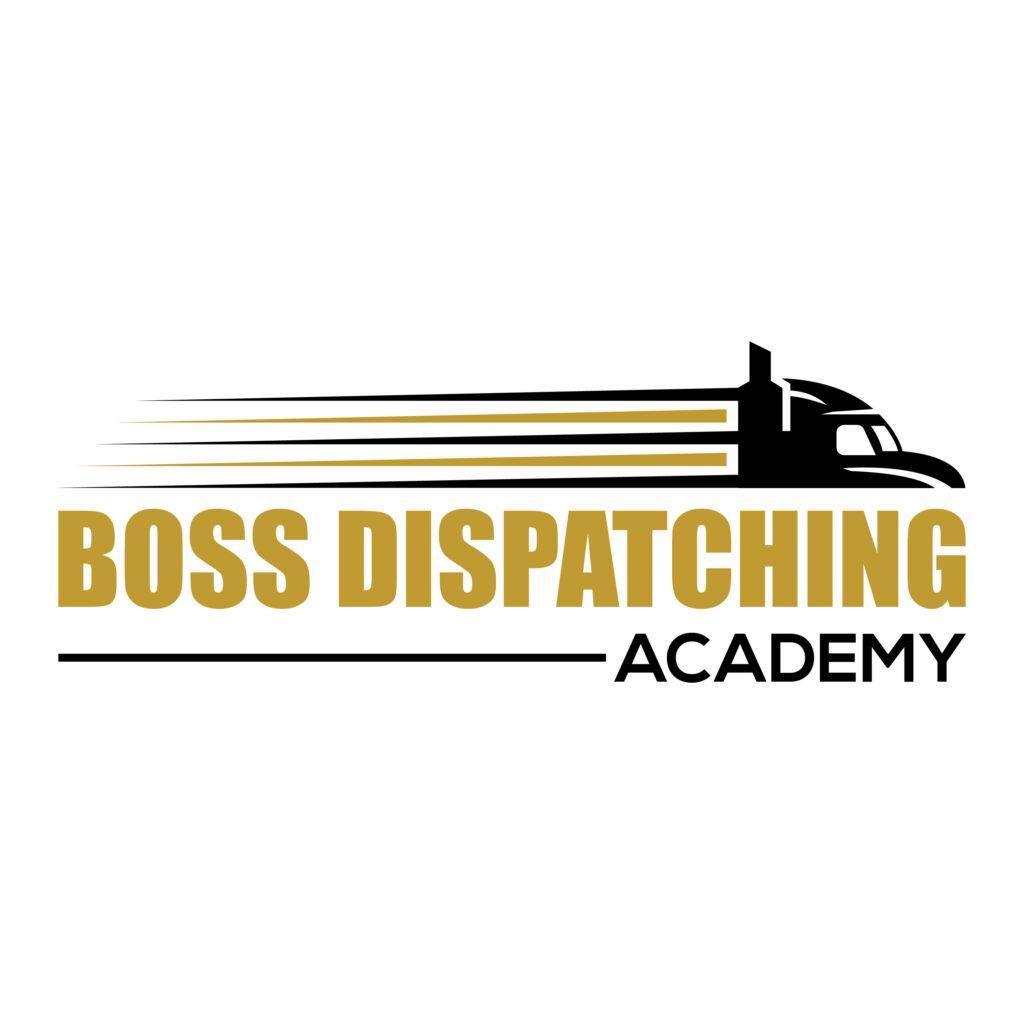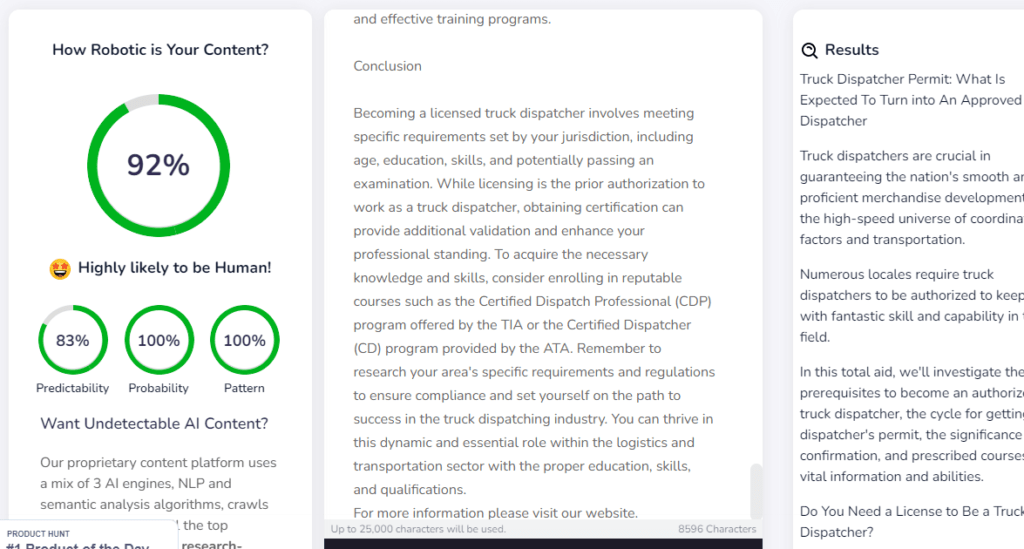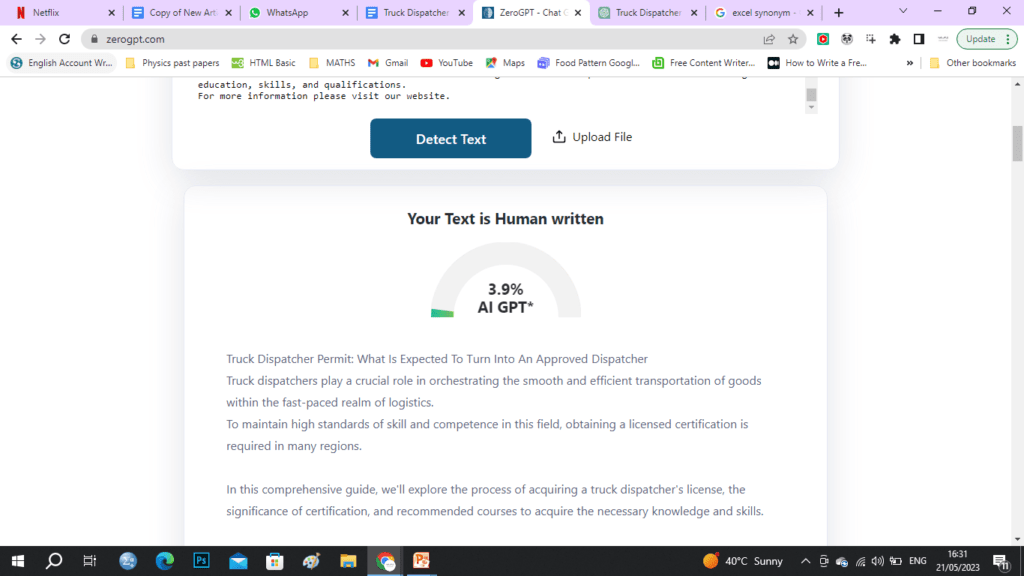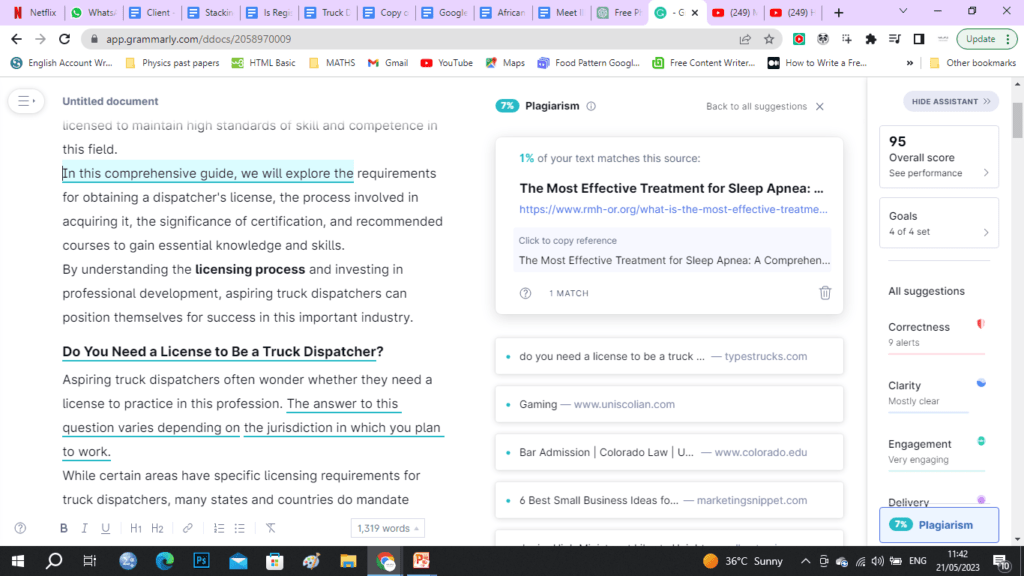Truck dispatchers play a crucial role in orchestrating the smooth and efficient transportation of goods within the fast-paced realm of logistics.
To maintain high standards of skill and competence in this field, obtaining a licensed certification is required in many regions.
In this comprehensive guide, we’ll explore the process of acquiring a truck dispatcher’s license, the significance of certification, and recommended courses to acquire the necessary knowledge and skills.
By understanding the licensing process and investing in professional development, aspiring truck dispatchers can position themselves for success within this important and rewarding industry.
Do You Need a License to Be a Truck Dispatcher?
Aspiring truck dispatchers often wonder whether they need a license to practice in this profession. The answer to this question varies depending on the jurisdiction in which you plan to work.
While certain areas have specific licensing requirements for truck dispatchers, many states and countries do mandate licensing. It is crucial to research the regulations in your region to determine whether obtaining a license is necessary.
By familiarizing yourself with the local requirements, you can ensure compliance and make informed decisions about pursuing a career as a licensed truck dispatcher.
Here is a step by step guide to becoming a Truck Dispatcher.
Truck Dispatcher License Requirements
The necessities for getting a truck dispatcher license differ between one person and state. However, there are typically a few general prerequisites for turning into an authorized truck dispatcher:
● Age Prerequisite
In most jurisdictions, applicants must be at least 18 or 21 years old to obtain a truck dispatcher license.
This age requirement ensures that individuals have reached the level of maturity and responsibility expected for the role.
● Educational Background
To become a licensed truck dispatcher, typically, one must have obtained a high school diploma or an equivalent qualification. However, certain jurisdictions may impose further educational criteria, such as the completion of a designated course or program.
By establishing a strong educational background, truck dispatchers can acquire the essential knowledge and skills required to effectively carry out their responsibilities.
● Knowledge and Skills
Becoming a truck dispatcher requires demonstrating proficiency in various areas, including operations management, transportation regulations, route planning, and interpersonal skills.
In addition, possessing familiarity with industry-specific software and technologies is highly regarded.
Such prerequisites guarantee that truck dispatchers possess the necessary expertise to navigate the intricacies involved in coordinating, scheduling, and overseeing transportation operations.
Background Check
To ensure the safety and integrity of the transportation industry, many jurisdictions mandate a rigorous background check for individuals seeking a truck dispatcher license.
This check often includes a thorough review of their criminal record. This requirement is put in place to prioritize the security and trustworthiness of those involved in the industry.
By conducting these comprehensive background checks, authorities aim to maintain high standards and promote a secure environment within the transportation sector.
Also, by carefully screening applicants for any previous criminal history, this requirement aims to safeguard the interests of clients, carriers, and other stakeholders, ensuring that licenses are not granted to individuals with a track record of criminal behavior.

How to Obtain a Dispatcher License
The process of obtaining a truck dispatcher license typically involves the following steps.
1. Research and Documentation
If you are interested in obtaining a truck dispatcher license, it is advisable to commence by conducting thorough research regarding the specific requirements applicable to your particular region.
Establish contact with the relevant licensing authority or regulatory agency to obtain the application form and gather all the necessary documentation.
This diligent research will provide you with vital information regarding the exact steps and requirements that must be fulfilled to pursue a truck dispatcher license.
2. Complete Application
When submitting your application for a truck dispatcher license, it is of utmost importance to dedicate meticulous attention to detail while filling out the application form and ensuring that all the necessary documents are included.
These documents typically encompass proof of age, identification, and any additional information requested.
By giving careful consideration to accuracy and completeness, you can facilitate a streamlined process and minimize potential delays that may arise due to missing or incomplete information.
3. Pay Fees
During the licensing procedure, it is customary to be required to pay certain fees to cover administrative costs.
It is vital to include the appropriate payment along with your application. The specific fees can vary depending on the jurisdiction, so it is essential to verify the exact fee requirements to ensure compliance.
4. Written Examination
In certain jurisdictions, a written examination may be necessary for applicants to assess their comprehension of the industry, regulations, and responsibilities of a truck dispatcher.
Adequately preparing for the exam by studying relevant materials and resources is crucial. This examination ensures that truck dispatchers possess the necessary knowledge and skills to fulfill their duties effectively.
5. Licensing Approval
After finishing the application and passing any required exams, the licensing authority will review your application.

If you meet all the requirements and your application is satisfactory, you will be granted a truck dispatcher license. This license serves as official authorization to work as a truck dispatcher within your jurisdiction.
Truck Dispatcher Certification: Is it Necessary?
While licensing provides the legal authorization to work as a truck dispatcher, certification also validates your skills and expertise in the field.
While not always mandatory, obtaining a truck dispatcher certification can offer several advantages:
Enhanced Professionalism
Obtaining certification as a truck dispatcher showcases your commitment to professional growth and ongoing learning.
It enhances your credibility and reputation within the industry by demonstrating your dedication to staying current with industry trends and best practices.
Certification validates your expertise and can open doors to new opportunities in your career.
Competitive Advantage
In a competitive job market, certification can differentiate you from other job applicants and make you more attractive to potential employers.
Employers often value credentials as they indicate higher knowledge and competence.
Expanded Knowledge and Skills
Certification programs often provide comprehensive training that enhances your logistics management, communication, and technology knowledge and skills.
This additional expertise can improve your effectiveness as a truck dispatcher and enable you to handle the challenges that may arise during work.
What and Where is the Best Dispatcher Course to Get the Required Knowledge and Skills?
Enrolling in a reputable dispatcher course is highly recommended to acquire the necessary knowledge and skills to become a successful truck dispatcher.
Several institutions and organizations offer training programs that provide a comprehensive education in the field. Here are some highly recommended dispatcher courses:
Certified Dispatch Professional (CDP)
Offered by the Transportation Intermediaries Association (TIA), the CDP program provides in-depth training on various aspects of transportation brokerage and dispatch operations.
It covers load planning, carrier selection, rate negotiation, and regulatory compliance.
Certified Dispatcher (CD) Program
The American Trucking Association (ATA) offers the Certified Dispatcher (CD) program, specifically designed to provide individuals with the necessary skills required for success in the truck dispatching profession.
This program aims to equip participants with the essential knowledge and capabilities to excel in their roles as truck dispatchers.
It covers load assignment, route planning, customer service, and industry regulations.
Online Training Courses
Numerous online platforms offer dispatcher training courses that provide flexibility and convenience.
The International Association of Freight Forwarders (IAFF) offers online courses covering various aspects of dispatch operations, including load management, customer relations, and technology tools.
What to Consider when Choosing a Dispatcher Course?
When choosing a dispatcher course, consider factors such as the curriculum, reputation of the institution or organization offering the course, testimonials from previous participants, and any additional resources or support provided.

It is also beneficial to seek feedback from industry professionals or connect with established truck dispatchers to gain insights into the most reputable and effective training programs.
The Bottom Line
Becoming a licensed truck dispatcher involves meeting jurisdiction-specific requirements, including age, education, skills, and possibly passing an examination.
While licensing grants authorization to work as a truck dispatcher, obtaining certification can further validate your expertise and enhance your professional reputation.
Reputable certification programs like the Certified Dispatch Professional (CDP) and Certified Dispatcher (CD) can provide the necessary knowledge and skills.
It’s important to research your area’s specific requirements and regulations to ensure compliance and pursue success in the truck dispatching industry.
You can stand out in this essential role within the logistics and transportation sector with the right education, skills, and qualifications.
For more information please visit our website.









